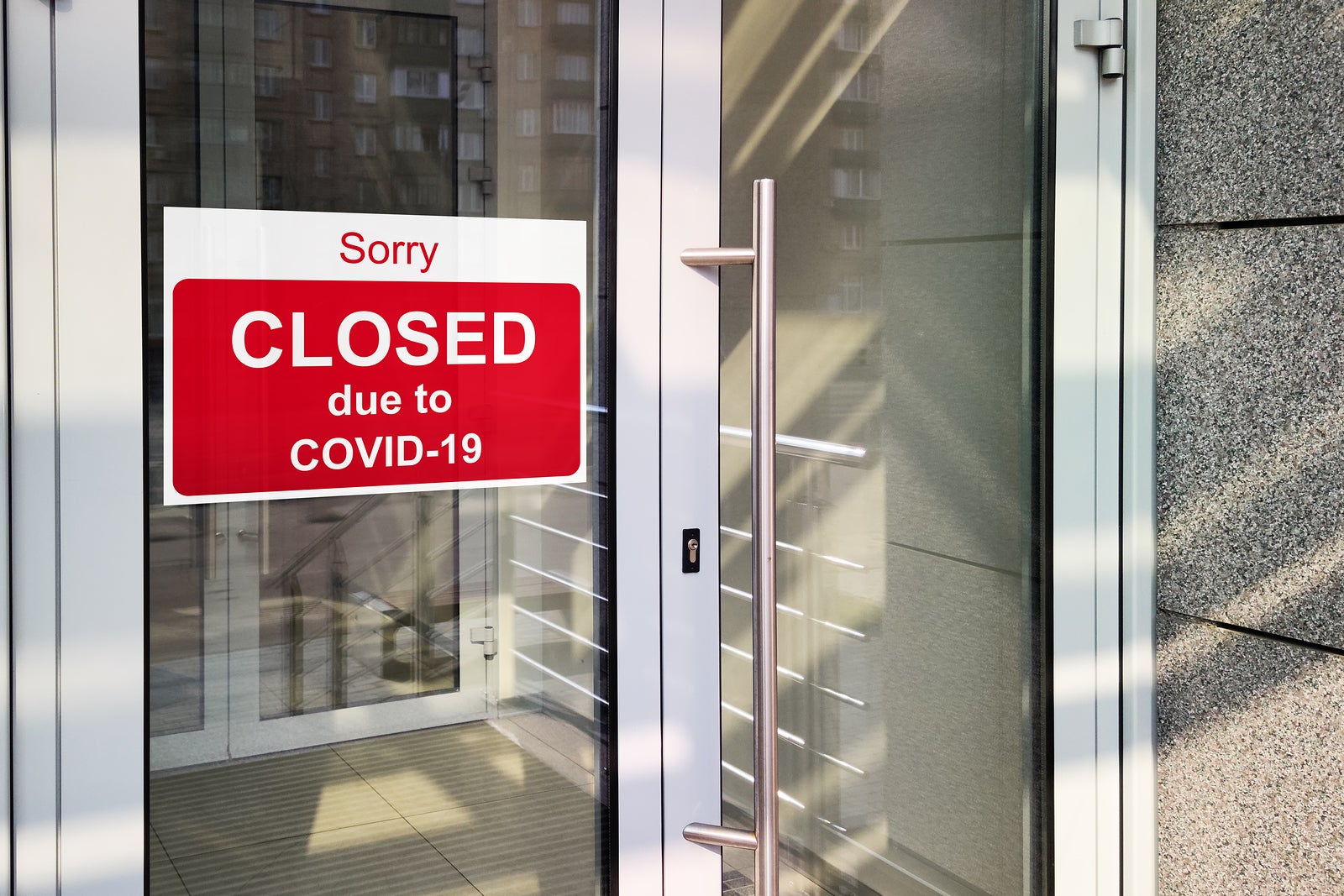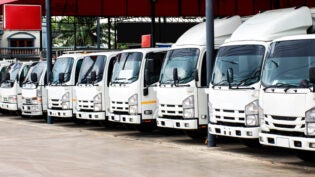
Almost eight million businesses are at risk of permanently closing due to the coronavirus pandemic. Many small business owners are struggling with the decision of when and how to safely get back to work.
If you’re one of the millions of businesses that had to change its operations in recent months, you may be wondering if you still need your insurance during a temporary closure. Here’s a closer look at what you need to know.
Should I cancel my policy?
During economic recessions, it’s common to cut your budget and you may think that insurance should be part of that. However, you could wind up paying more in the long-run if you cancel your policy, here’s why.
During a temporary closure, your business is still at risk. You could experience a break-in, your equipment could break down, products could be damaged, and cybercriminals could hack into your system.
If you keep your insurance active, you’ll be covered against the damage. Keep in mind, you cannot get insurance for an incident that happened prior to your coverage period. For example, if you had canceled your insurance and then found out your store had been broken into you won’t be covered on a new policy. Meaning, you’ll be stuck paying out of pocket for the damage.
Read more on business insurance
It’s important to remember that insurance is an investment in the long term health of your company. If money is tight there are other ways you can lower your premiums:
- Ask your carrier for a payment deferment. This will allow you to save money while still being covered.
- Considering bundling your policies. For example, you can bundle your Commercial Property and General Liability into one policy known as a Business Owners Policy (BOP). This can be a cheaper alternative to paying for two separate policies.
- Ask your carrier for pay-as-you-go options, rather than an upfront premium cost.
These are all options you should consider first before canceling a policy.
Insurance policies to review
Anytime your business undergoes a major change, like restructuring, layoffs, or temporary closures, it’s important to review your current policies, including:
- Commercial Property: This policy is essential to protecting your business against physical damage. If you operate out of a physical location, this policy is often a requirement of commercial leases.
- Cyber Liability: As more business moves online, it’s important to note the risks your company faces from cybercriminals. This is the only type of commercial insurance policy that can pay for damages related to data breaches.
- Commercial Auto: Many small businesses are adding delivery options while their stores remain closed. Even if you’re making deliveries out of your own car you should consider this policy, as your personal policy won’t cover expenses related to business activities. In other words, if you get into an accident while making a business delivery your carrier could refuse to pay for the damages.
Understand your employer obligations
Furloughing or laying-off employees is a tough decision but may be necessary for your business right now. If you do reduce your workforce, make sure you know your obligations to your employees and how it impacts your insurance.
Keep in mind, Workers Compensation insurance is mandatory in nearly every state if you have at least one person on the payroll. So, if you lay off part of your staff but still employ at least one other person, chances are you cannot cancel your policy. Doing so could land you in hot water with state regulators.
However, a workforce reduction can lower your insurance premium. Make sure you keep your insurance provider up-to-date on how many people you employ.
In addition, if you do have to layoff employees make sure you communicate effectively with those who will be impacted.
- Provide a written notice to employees, this can lessen the risk of employee-related lawsuits.
- Provide them with information about how to file for unemployment benefits and COBRA enrollment.
Final thoughts
Small businesses are facing unprecedented uncertainty right now. Some may be forced to shut their doors for months to come. During temporary closures, you might be considering canceling your policies, however, doing so leaves your businesses exposed to a number of risks.
Canceling your insurance policies may provide short-term budget relief, but you could wind up paying more in the long run if an unfortunate accident were to happen. If you plan to continue your business operations then it’s important to invest in the right insurance.
Insurance doesn’t have to be a major expense either. There are a lot of ways to save costs such as asking your provider about payment deferment or pay-as-you-go options.
Make sure you work with the right insurance provider who can help you find policies that fit your budget and coverage needs.
3598 Views












